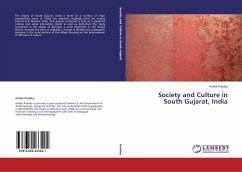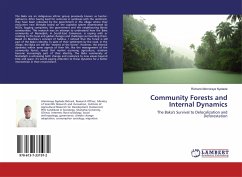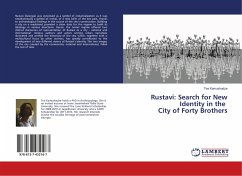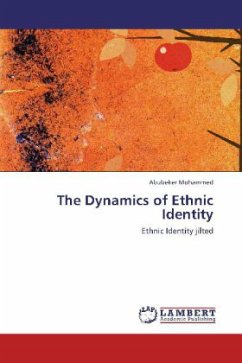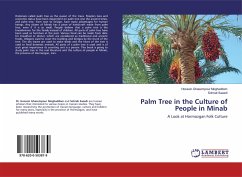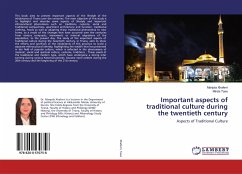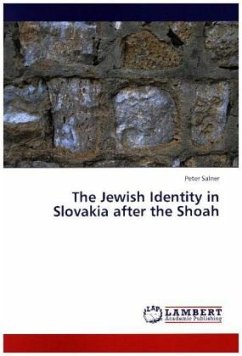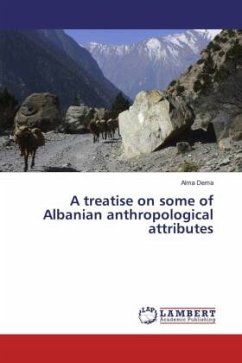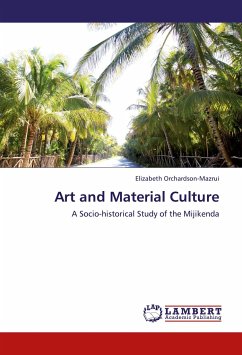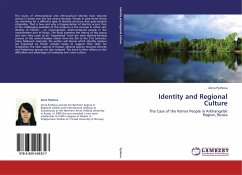
Identity and Regional Culture
The Case of the Pomor People in Arkhangelsk Region, Russia
Versandkostenfrei!
Versandfertig in 6-10 Tagen
32,99 €
inkl. MwSt.

PAYBACK Punkte
16 °P sammeln!
The issues of ethnonational and ethnocultural identity have become serious in Russia over the last several decades. People in post-Soviet Russia are searching for a different type of identity structure that goes beyond citizenship. That is how and why a fragmentation of identity occurs. One of the challenging examples of this tendency is the increase in ethnic self-identity of Pomors - an unrecognized, small-numbered people in the northwestern part of Russia. The book examines the history of this group and how they came to be fragmented from the main identity-forming process of the central Rus...
The issues of ethnonational and ethnocultural identity have become serious in Russia over the last several decades. People in post-Soviet Russia are searching for a different type of identity structure that goes beyond citizenship. That is how and why a fragmentation of identity occurs. One of the challenging examples of this tendency is the increase in ethnic self-identity of Pomors - an unrecognized, small-numbered people in the northwestern part of Russia. The book examines the history of this group and how they came to be fragmented from the main identity-forming process of the central Russian nation from the 9th to the 21st centuries. Using fieldwork materials, the author will discuss which identity markers are presented by Pomor activists today to support their claim for recognition.The main aspects of Russian national policies towards minority and indigenous groups are also analyzed. The book further reflects on the difficulties and advantages of analyzing one s own culture



